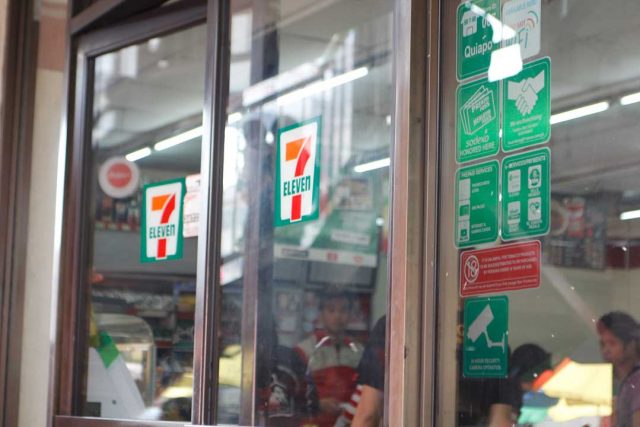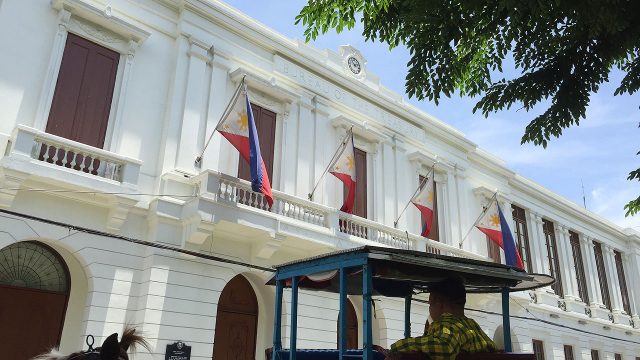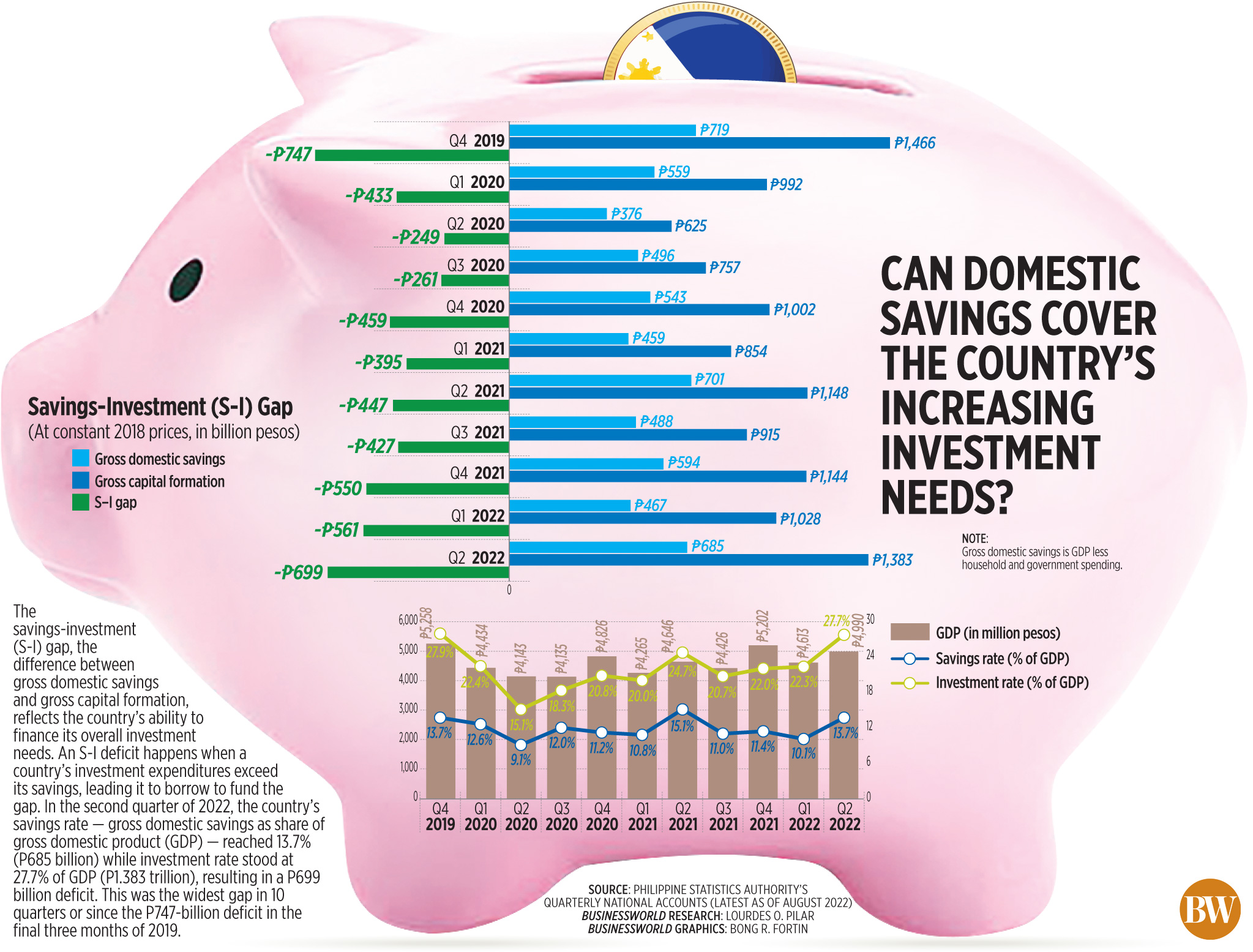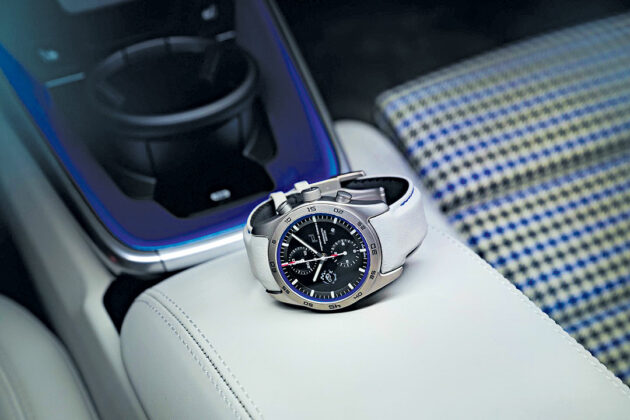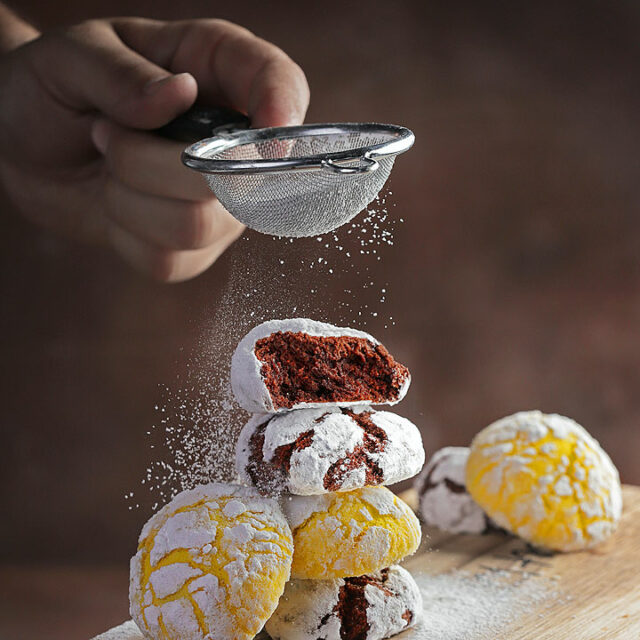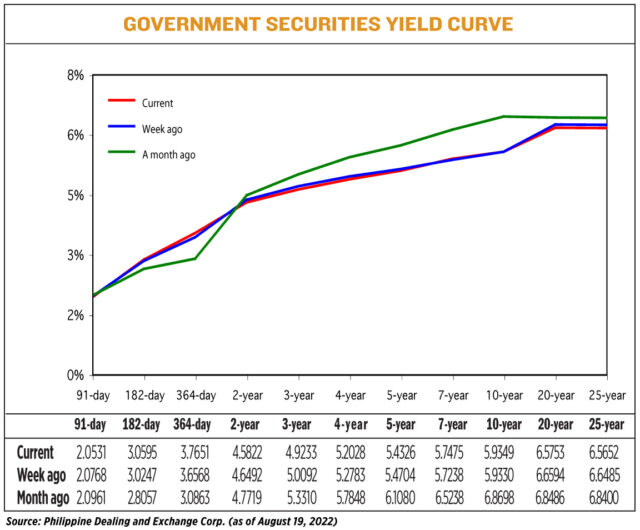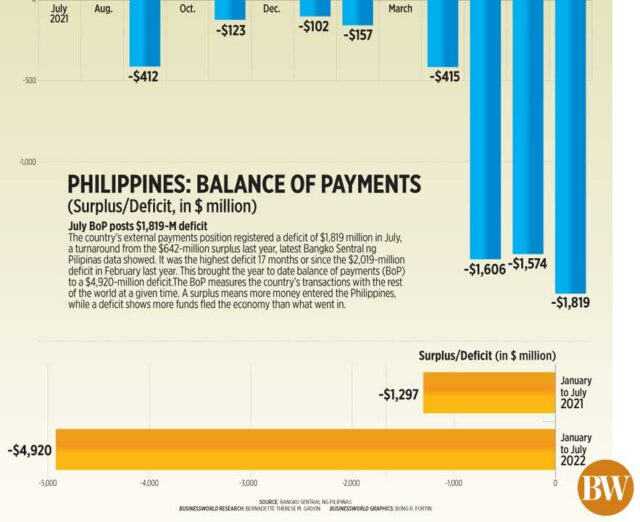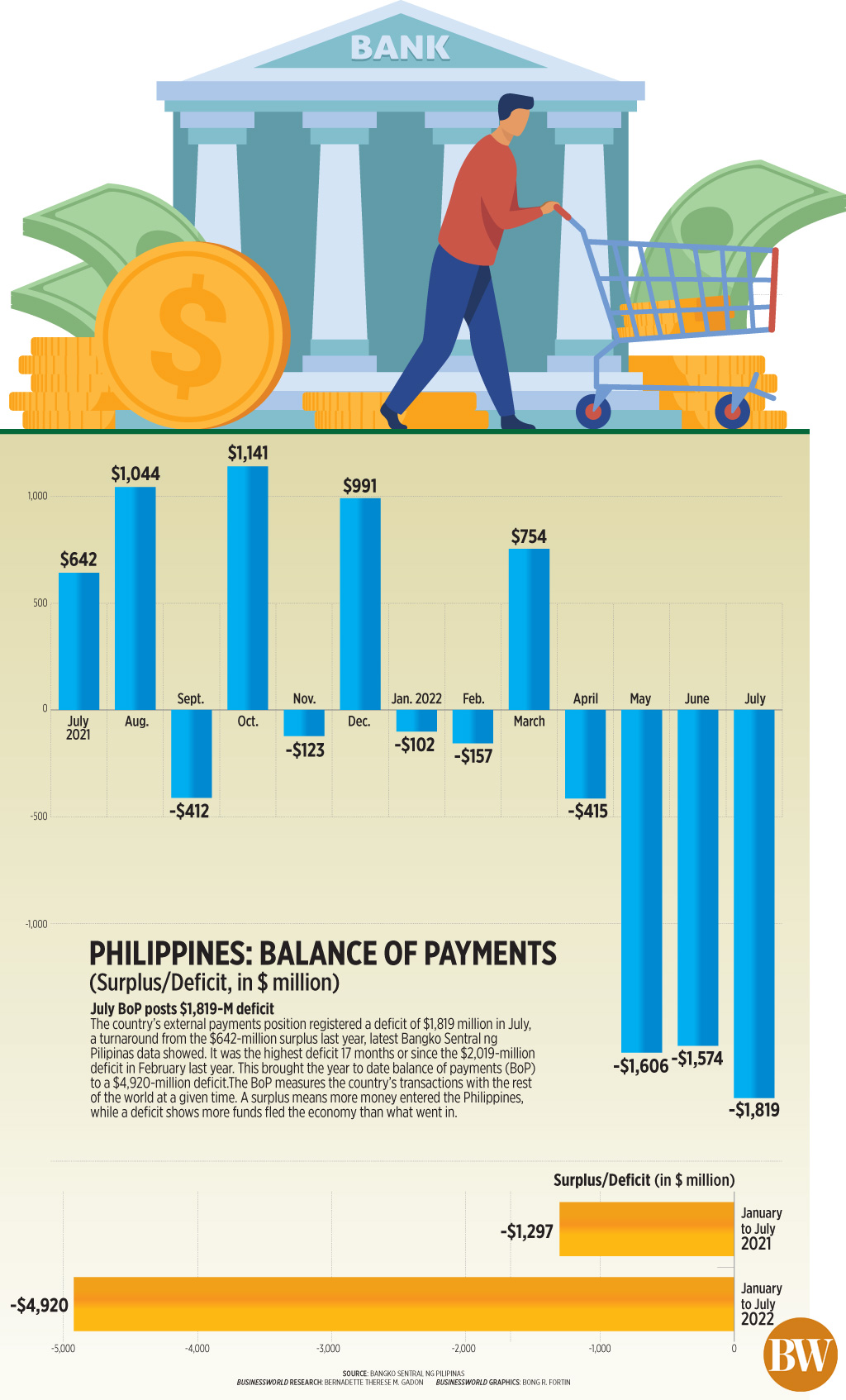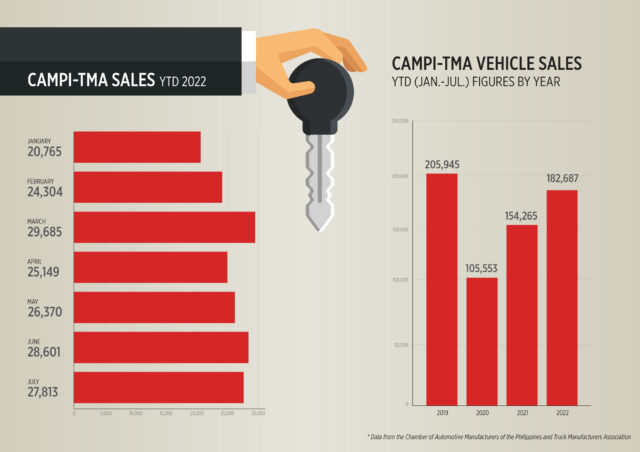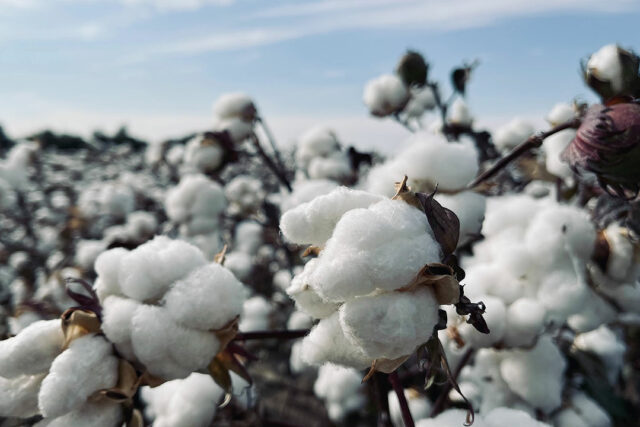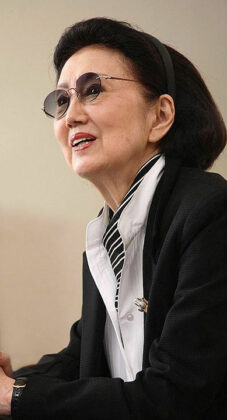SHANGHAI/PARIS — From $300 bucket hats to $900 sneakers and $700 T-shirts, the high-flying luxury sector is fretting over the appetite among financially stretched Gen Z consumers for such “aspirational” purchases.
Executives are troubled in particular by a hit to young Chinese shoppers, not only because mainland China has been a major driver of the industry’s growth in recent years, but also because high end consumers in the world’s second-largest economy are a decade younger than the global average of 38.
Young adults around the world have been “a very strong factor of luxury growth over the past decade,” said Gregory Boutte, chief client and digital officer at Gucci-owner Kering.
Data last week showed China’s economy slowed unexpectedly, prompting a central bank rate cut, while macroeconomic trends are disproportionately impacting the extra funds that those born between 1996 and 2012 might use to enter the world of luxury.
Whereas in North America and Europe, inflation and a rising cost-of-living are hitting discretionary incomes of young consumers especially hard, China’s problem is different.
“In the US, inflation is a huge issue, the major focus of a lot of luxury companies … In China, it’s the youth unemployment rate that’s alarming right now,” Kenneth Chow, principal at consultancy Oliver Wyman said.
Government data for July registers the unemployment rate of China’s urban population aged 16 to 24 at a record 19.9%, exacerbated by the impact of COVID-19 lockdowns and a crackdown on big tech firms that traditionally hired droves of graduates.
“This might be the first time that a lot of young adults (in China) are facing (such an) economic impact, so it will be a testing ground on how these consumers are going to spend on luxury items going forward,” Mr. Chow said.
“If a recession happens, then I will 100% buy less or maybe even stop buying altogether,” said US-based luxury lifestyle and travel TikToker Jeffrey Huang, 28, who shares his Louis Vuitton shopping trips and hauls with his 150,000 followers.
A recent Oliver Wyman study showed that some luxury brands are significantly lowering their sales expectations for the Chinese market in response to current conditions, with 80% of executives questioned not expecting a “V-shaped” recovery this year. Oliver Wyman declined to name the brands it surveyed.
Nevertheless, earnings last month from firms including LVMH and Kering painted a picture of resilience in the face of economic headwinds, with luxury players riding a wave of post-COVID spending by their wealthiest clients.
And big brands have signaled their intention to grow top end sales of $10,000 handbags and $5,000 coats rather than focus on attracting new entrants onto the bottom rung of the ladder.
Chanel, Louis Vuitton, and Dior have raised prices on high-margin leather goods several times over the past year, with Chanel planning stores dedicated to VIP consumers.
“As the prices are rising, I’m becoming more and more cautious because I feel like I did do a good amount of spending in the last year,” said Sara Yogi, a 26-year-old San Francisco, California resident, adding that she may hold off buying a $2,900 Prada bag and one costing $3,200 from Bottega Veneta which are both on her wish list.
This shift to focus on core luxury consumers also encompasses a cohort of wealthy Gen Z consumers less likely to be impacted by inflation or unemployment.
But the concern is over would-be buyers who were meant to help Gen Z account for a fifth of all spending in the luxury goods sector globally by 2025.
And brands such as Burberry have already noted weakness in sales of sneakers and slides, products Gen Z and millennial consumers have traditionally used as their entrée into the world of luxury brands.
PLAN B FOR GEN Z?
One way for luxury players to continue to attract Gen Z consumers may be to offer aspirational options at entry-level price points that can be worn often, said Yi Kejie, a 26-year-old marketing content manager.
Luxury branded mobile phone cases, earrings, hair clips, and perfumes are all popular among her Gen Z peers in China, Yi said, adding: “These are items with the lowest threshold for (them) to have that logo, that icon.”
Some luxury labels, including Balenciaga and Dior, are embracing the metaverse to seed interest with teens and young adults, offering affordable ways for them to kit out their virtual identities on gaming platforms such as Roblox.
Virtual sneakers from brands like Gucci have already proved wildly popular, with a price point of $17.99.
Whether in the real or virtual world, entry-level products call for high levels of creative investment.
“There is this young crowd of consumers that are entering into the market that requires a lot of creativity at more affordable price points,” said Bain partner Claudia D’Arpizio, adding that not all brands are equipped for this.
There is good news for brands, however.
If they do find the right offering of entry-level products, or if the economic situation of Gen Z consumers improves, the desire for luxury products remains undimmed.
“Young people in China are enthusiastic about luxury products,” Yi said. “Lockdowns, or the temporary unemployment rate won’t change their long-term preferences.” — Reuters

